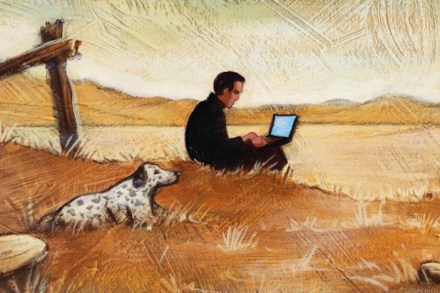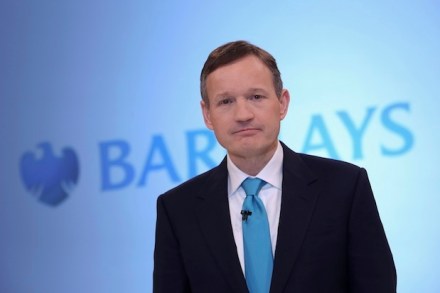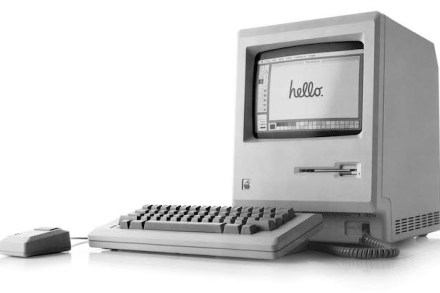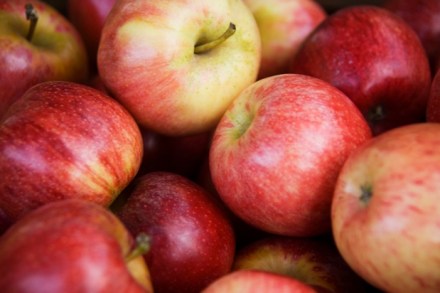I was forced on to the internet in the 1980s. I still don’t belong there
With regard to modern technology, I find that people of around my age — by which I mean people in their seventies or over — are divided into two camps. There are those who have embraced the digital revolution with embarrassing enthusiasm, knowing much more about it than it is decent to know; and then there are those who, almost as embarrassingly, take pride in knowing nothing about it whatsoever. The former seem determined to show that they are not past it, that they are in tune with the modern world, and, like teenagers, are never parted from their computers, emailing and tweeting as the day is long. The latter











